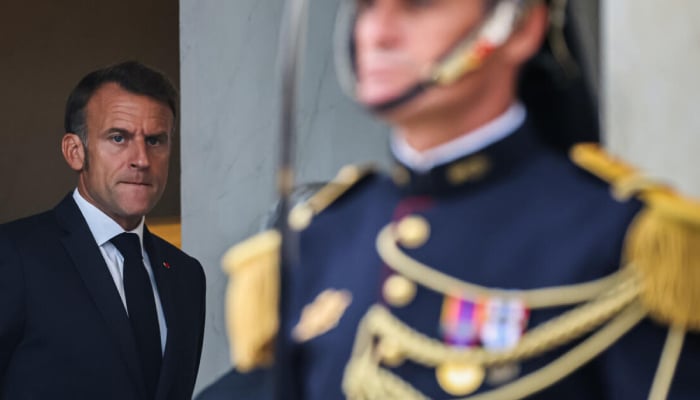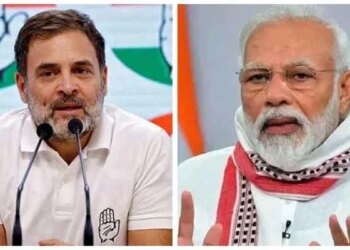Select Language:
France’s parliament is poised to remove Prime Minister François Bayrou on Monday after only nine months in office, introducing new political instability for the EU’s key member country and presenting President Emmanuel Macron with a difficult choice.
Bayrou shocked even his allies by calling for a confidence vote to break a prolonged deadlock over his austerity budget, which proposes nearly 44 billion euros ($52 billion) in cuts to reduce France’s debt.
All opposition parties have declared they will oppose his minority government, making it unlikely he will secure the majority needed in the 577-seat National Assembly to stay in power.
This would make Bayrou the second French prime minister in a row to be ousted after Michel Barnier was dismissed in December after a brief three-month tenure.
Since 2017, Macron has appointed six prime ministers, with Bayrou being the latest. In recent TV interviews, Bayrou has shown no signs of expecting to survive the vote, instead questioning whether the country understands the gravity of its current situation.
He is scheduled to address Parliament around 1:00 p.m. GMT, with the vote expected at 5:00 p.m. GMT.
Following this, Macron will face a critical decision: appoint a new prime minister to craft a compromise or call early elections in hopes of securing a more cooperative Parliament.
Macron is actively leading Europe’s efforts to end Russia’s invasion of Ukraine, boosting his influence on the international stage. However, domestic polls are grim, and he cannot run for a third term in 2027.
A survey by Odoxa-Backbone for Le Figaro indicates that 64% of French citizens prefer Macron resign rather than appoint a new prime minister, a stance Macron has firmly rejected. Additionally, 77% disapprove of his performance, marking his lowest approval rating to date, according to an Ifop poll for Ouest-France.
In the wake of an international summit on Ukraine, Macron urged French political groups on Thursday to act responsibly and maintain stability. “The global reshaping is changing many aspects for Europe, and France must continue moving forward in this changing landscape,” he stated.
At the same time, France is experiencing social unrest. A left-wing coalition called “Block Everything” has scheduled a day of demonstrations on September 10, with trade unions organizing strikes on September 18.
There is no certainty that an election would improve Macron’s standing in Parliament. Nonetheless, there are signs he might consider working with the Socialist Party (PS), once a dominant force in French politics but weakened in recent years.
In a meeting this week with centrist supporters, Macron encouraged coalition-building with the Socialists, with attendees reportedly against holding new elections. Socialist leader Olivier Faure has expressed openness to becoming Prime Minister and even drafted a budget plan.
However, support from the Socialists does not automatically translate into backing from other left-wing factions. A Macron close associate noted that moving forward could involve the Socialist Party breaking its alliance and governing alongside the political center—though Macron remains cautious, keeping his options close.







